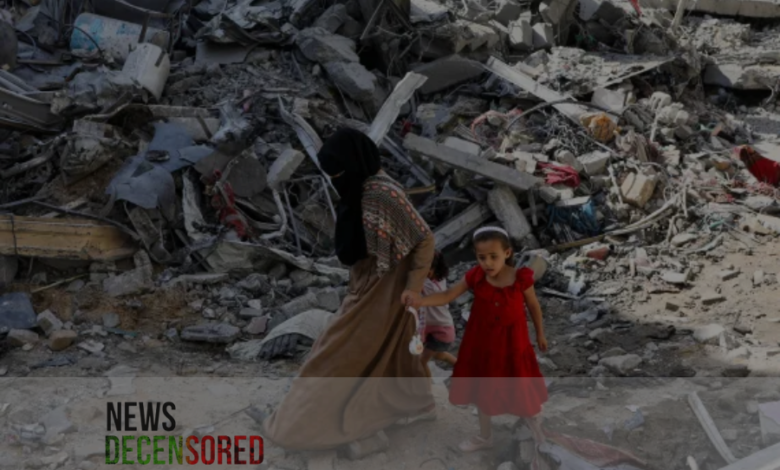Palestinians in Lebanon Brace for Potential Conflict Amid Gaza Assault

Shatila Refugee Camp, Beirut, Lebanon – Lately, the Palestinian refugees in Lebanon, who primarily live in Lebanon’s twelve camps, are getting more and more worried because Israel is still attacking Gaza, leading to the death of 37,600 people and displacing almost all of the Gaza’s population. They worry about the same fate in case of a full-scale attack on Hezbollah from the Israelis. This is a Lebanese militant group that began fighting Israeli forces at the onset of the conflict.
Hezbollah entered the conflict with Israel immediately after the Israeli attacks in Gaza and has said it will stop attacking once a ceasefire in Gaza is reached and the Israeli air strikes stop. The current escalation came after a surprise attack by Hamas on the Israeli communities and military installations on October 7, causing 1,139 deaths and 250 living captives.
Some of the individuals engaged in practices of resistance movements stated their preparedness to fight in Shatila camp Beirut in defence of Hezbollah and the “axis of resistance” against Israel. However, there is a lot of concern for their families based on the idea that there might be an attack on populated housing facilities in Lebanon, including the Palestinian camps.
‘They have no ethics,’ complained a malcontent Ahed Mahar, a member of the Popular Front for the Liberation of Palestine – General Command (PFLP-GC) in Shatila ‘Israel army has no moral, no standard – they do not respect human rights, they do not respect the rights of children.’
About 250,000 Palestinians live in twelve camps throughout Lebanon after being liberated in 1948 when Israel was founded, a subject known as the Nakba or disaster. There is still hope of returning home, as 29-year-old Hassan Abu Ali, who grew up in Shatila, told Al Jazeera.
‘If civil war broke in the country, my mother and I would pack a few stuff and move to the border between Lebanon and Israel, ’said Abu Ali.
He thinks that under the pretext of acting against resistance, it can bombard the Palestinian camps as it did in Gaza.
What follows is typical of Shatila’s residents, for many of whom fighting escalates the confrontation with Israel must be extended against Hezbollah. They have recruited thousands from not only the Gaza Strip but also from other parts that have supported Hamas together with the areas that supported Fatah, the political opponent of Hamas led by Mahmoud Abbas.
“All men and women in all camps in Lebanon are fighters. Now, if a big war is started, we are not afraid. We have thousands of martyrs ready to die to liberate Palestine,” quoted one camp Hamas member, Fadi Abu Ahmad.
All this is happening in readiness for the confrontation that does not downplay the fact that many lives can be lost. While admitting that the threat posed to children, women, and older people had been considerably reported by Abu Ahmad, he argued that many felt that their lives were expendable for the sake of Palestine’s freedom.
While many Palestinians do not think that there will be a bigger war on Lebanon because of the power Hezbollah possesses, there are apprehensions regarding the plans of Israel Prime Minister Benjamin Netanyahu to keep his post and secure the far-right allied partners.
“Netanyahu is a criminal,” Abu said Ahmad There. And we know that if there is a war in Lebanon, refugees, including Palestinians, will be exposed heavily here, it may turn like Gaza.
Hence, the challenge Mahars from the PFLP-GC painted gave the impression that a conflict against Hezbollah would not be in the same tradition of wars. A prominent Israeli response came in the summer of 2006 due to the Hezbollah activities; contrary to the 2000s, the camps had remained mainly unscathed. This time, Mahar supposes that the camps will be targeted, pointing to the fact that Israel does not have any red lines anymore.
This is the case of Palestinians within Lebanon with aspirations of returning home deep-rooted due to conflict that is always near.
Despite the fear and uncertainty, their resolve to resist and fight for their homeland remains strong, even as they brace for what may come.




